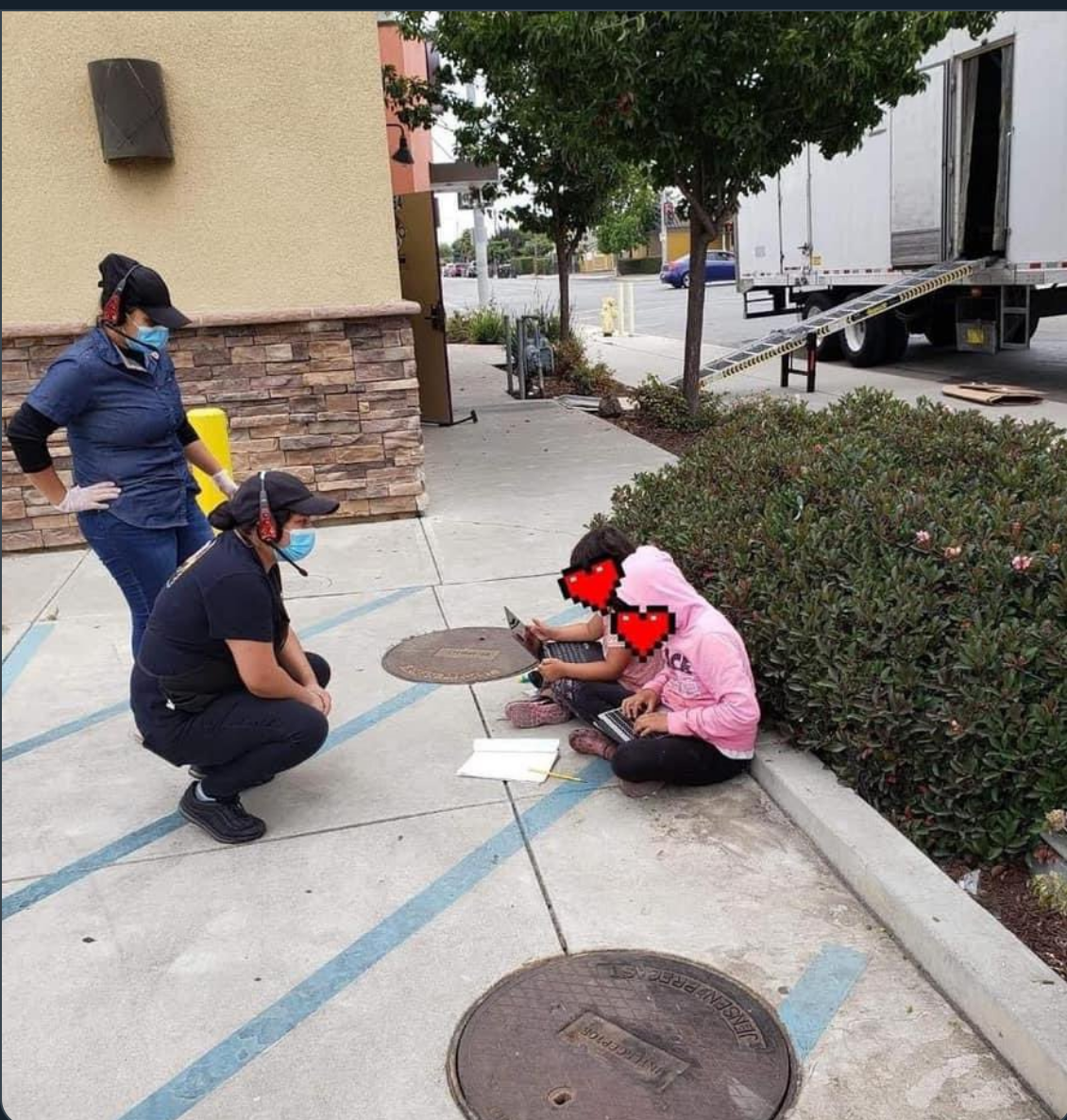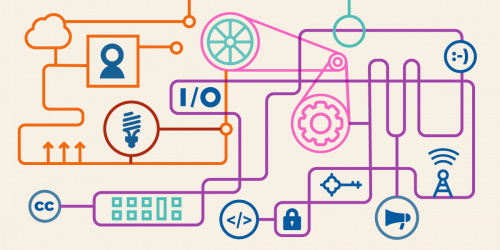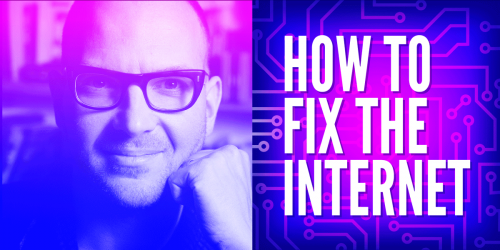Update: Assembly Speaker Anthony Rendon has moved to table any efforts to close the digital divide this year. The pandemic has exposed how vital high-speed broadband is to the daily lives of all Californians. The Legislature must conclude all business by midnight on August 31. Call your Assemblymember TODAY and tell them to put the needs of Californians working and learning amid the pandemic over the interests of big ISPs.
California: Call On Your Assemblymember To Act on Broadband Now
Original Post: As the final hours of the California legislative session tick down, it appears that the California Assembly may decide to not move forward on S.B. 1130 or any other legislative deal to start addressing the digital divide this year.
There has been broad support for legislation to close the digital divide: from rural and urban representatives in the California Senate, from small businesses and consumer advocates, and from the governor’s office. But big Internet Service Providers (ISPs) oppose any and all such plans, from boosting local communities’ ability to bond finance fiber, to extending financing for infrastructure to areas that the major ISPs have ignored through a tiny fee that the ISPs already pay. In fact, they have opposed virtually every idea that would challenge their slow, non-broadband Internet monopoly profits just as strongly as every effort to connect the completely unserved. And that opposition from big ISPs appears to have been too much for the California Assembly to ignore.
California: Call On Your AssemblyMember To Act on Broadband Now
This is despite all the suffering people are enduring from a lack of universal access to robust Internet connections during the pandemic. Our Assembly appears unwilling to stand up for all the parents who are trying to work through the pandemic, while also educating their kids remotely. Instead, they’re bowing to the very companies that have actively caused that pain through systemically underinvesting in neighborhoods across the state while simultaneously reaping billions in profits from your monthly bills. By pressuring the California Assembly to literally do nothing during the crisis, large national ISP lobbyists are on the verge of winning arguably one of the biggest legislative victories in decades.
The people hurting most right now will pay the greatest price. We are regularly seeing photos of children having to do their school work in fast food restaurant parking lots because they can’t get a connection at home. Everyone knows this is a serious problem that warrants a serious response. As former State Senator Kevin De Leon remarked, this generation deserves better. California’s children deserve better.
Two students sit outside a Taco Bell to use Wi-Fi so they can 'go to school' online.
This is California, home to Silicon Valley...but where the digital divide is as deep as ever.
Where 40% of all Latinos don't have internet access. This generation deserves better. pic.twitter.com/iJPXvcxsLQ— Kevin de Leόn (@kdeleon) August 28, 2020
There is no question that the major national ISPs have systemically avoided building modern connections to low-income neighborhoods in cities. Their fiber deployment decisions of high-speed access, dating back more than a decade, are now causing active harm to communities of color. These decisions force children from their homes to fast food restaurant parking lots to pursue their education—because, of course, those same ISPs happily built fiber infrastructure to those fast food mega-corporations. There is no defensible argument that supports this racially discriminatory digital redlining. Yet the California Assembly, facing this evidence, may opt to do nothing about it.
Doing nothing also means choosing to leave millions in rural communities behind. Slow Internet monopolies who make billions selling inferior, obsolete services to rural Californians have denied those communities adequate service for even longer. More than 2 million Californians rely on the now-bankrupt Frontier Communications for access to the Internet. Frontier, which in its filings to the government, revealed that millions of its customers could have been profitably upgraded to fiber. But, with its slumlord mentality, Frontier opted to pocket those investments for greater profits for as long as possible, until the house of cards collapsed. And it’s not the business executives that profited handsomely from this exploitation that are trapped inside that house. It’s rural Californians.
Shame is the only word that can describe the collective inaction of the California Assembly. It is a shame the Assembly is choosing to leave their fellow Californians behind—despite support for forward-thinking broadband plans from the California Senate, and from the Governor of California. It is a shame that the pandemic has not prompted a deeper realization among the Assembly that people need help. And it is a shame they will not recognize that government policy and money are the means to provide that help.
We have tried the private-only model for decades now, and we are living with the result today. There is no question: it has not worked. If you are in California and you think our legislature shouldn’t close for the year before taking decisive action on broadband access, call them now. They have the solutions in hand, and both the California Senate and Governor are willing to act. The Assembly just has to be willing to say no to Big ISPs and vote yes on a better future.
California: Call On Your AssemblyMember To Act on Broadband Now











